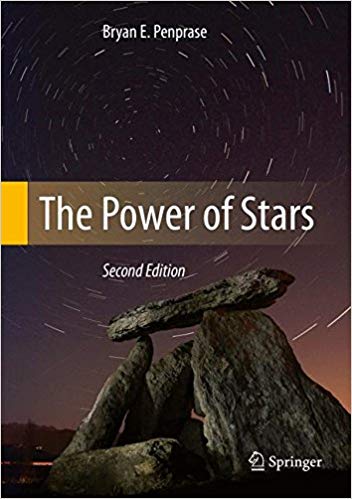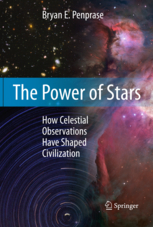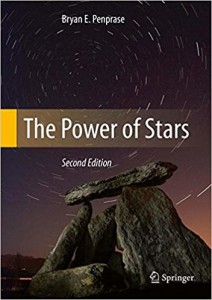I have taught Archaeoastronomy and World Cosmology at Pomona College for over 20 years as a Freshman seminar and a larger general education course. This topic always engages and excites students, as it connects the science of astronomy to their own lived experience and their ancestors and family. This approach to astronomy allows students to explore the human connections to the sky in ways that celebrate the diverse cultural heritages across the globe. These explorations have resulted in several remarkable interdisciplinary field trips and student projects that draw from the artistic and humanities talents that many of the students bring to the class. Since arriving at Soka University of America in 2017, I have brought these themes to my astronomy courses, including a learning cluster that focused on archaeoastronomy and my Earth’s Cosmic Context course, which emphasizes the ways in which we and all the cultures of the earth are connected with the skies. The discussions in class and at the observatory are always an amazing way to connect students to the sky in a way that emphasizes our common humanity.
In 2010, I converted my course into a book entitled “The Power of Stars” which was published by Springer, Inc. This book is a general introduction to how humans have celebrated the skies across the earth over the centuries. It has also been used as a textbook at Yale University, Yale-NUS College in Singapore, and colleges and universities across the US and Europe. In 2014, this book was accepted for a second edition, and while I was based in Singapore, I was able to travel extensively in Asia to visit temples and astronomical sites in India, China, Cambodia, and across Asia. The second edition was completed and published in 2017.
The impact of this work on Archaeoastronomy and World Cosmology has resulted in several travel tours and documentary film appearances over the years. Below are a few examples and resources.
- “The Power of Stars: How Celestial Observations Have Shaped Civilization” book on Amazon
- While at Yale-NUS College, I offered a “Week 7” experiential learning course on Indian astronomy. This short course was entitled “Cosmology and Culture of the Chola Empire“. It was co-taught by Dr. Penprase with Yale-NUS anthropology professor Barney Bate and Sarah Weiss, who teaches ethnomusicology. More information on that course is available on this site.
- In June 2015, the Crow Canyon Archaeology Center provided an archaeoastronomy trip to the Four Corners region, which I led with my former Pomona College colleague Jenn Perry, an expert in the Chumash culture and tradition.
- These archaeoastronomy works were presented as part of the National Geographic – “Known Universe” video series on ancient astronomy. During that effort, I was filmed live at Chaco Canyon with my student Alex Hagen (who has since gotten a PhD in astronomy!).



